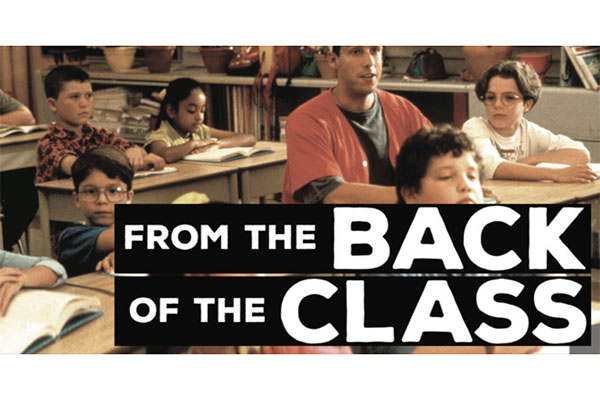From the Back of the Class | Issue 5
The Suffragettes
If you watched Mary Poppins as a child, you may recall the wealthy mother of the children singing the song “Sister Suffragette” to her long-suffering house-maids. The women’s suffrage movement was very much the domain of middle- and upper-class women of leisure, working-class women being too busy working. In a time when only 60 per cent of adult men could vote, it’s unsurprising that there should be a class divide in women’s activism for suffrage as well. Mary Poppins’ song also includes the wonderful line “though we adore men in-divid-ually, we agree as a group they are ra-ther stu-pid.” This is a cutting reference to the stubbornness of the Liberal government, which, over a long period of time, had debated women’s suffrage bills but never passed them.
Tired of the government’s inaction and the ineffectual “ladylike” tactics of mainstream suffrage movements, the Suffragettes introduced the slogan of “Deeds, Not Words” and began to demand the vote instead of merely ask for it. Despite being drawn from the upper echelons of society, the Suffragette movement carried out various acts of civil disobedience. They set fire to letterboxes, carried out window-smashing campaigns, set off pipe bombs (destroying property not people) and defaced pennies with their slogan “Votes for Women”. This last may not seem that drastic, but defacing currency came with a prison sentence if caught — and in a time before hashtags, it was an ingenious method of disseminating subversive political messages.
Many went on hunger strike inside and were force-fed a mixture of brandy and milk or raw eggs through a rubber tube forced down their nose. The horrors of force-feeding became a rallying point for the Suffragette movement, garnering sympathy and respect from those who might otherwise have opposed them.
Domestic “terrorists” though the WSPU may have been, in the irreverent words of Blackadder’s Lord Flashheart, “any girl who wants to chain herself to my railings and suffer a jet movement gets my vote.”







